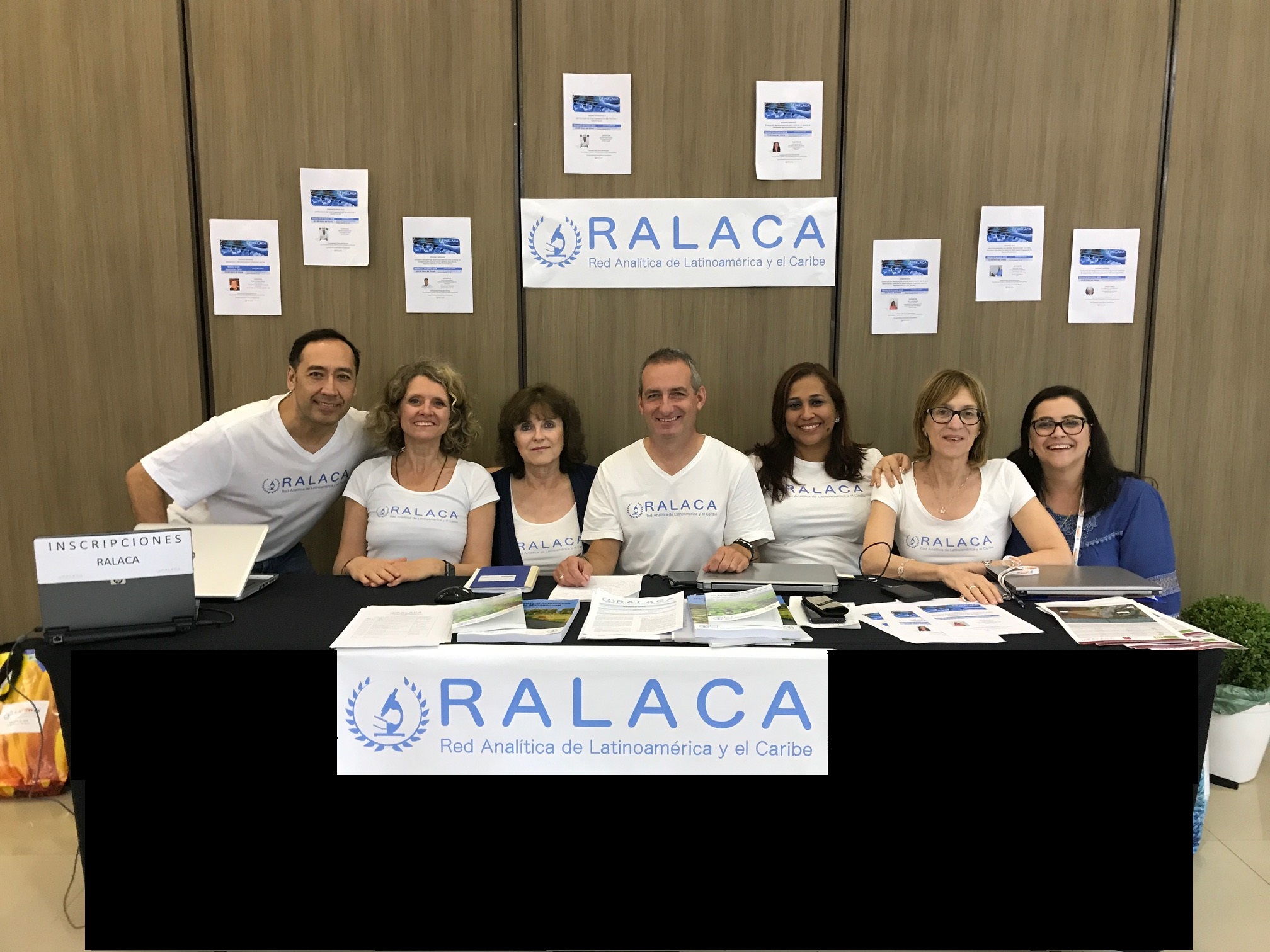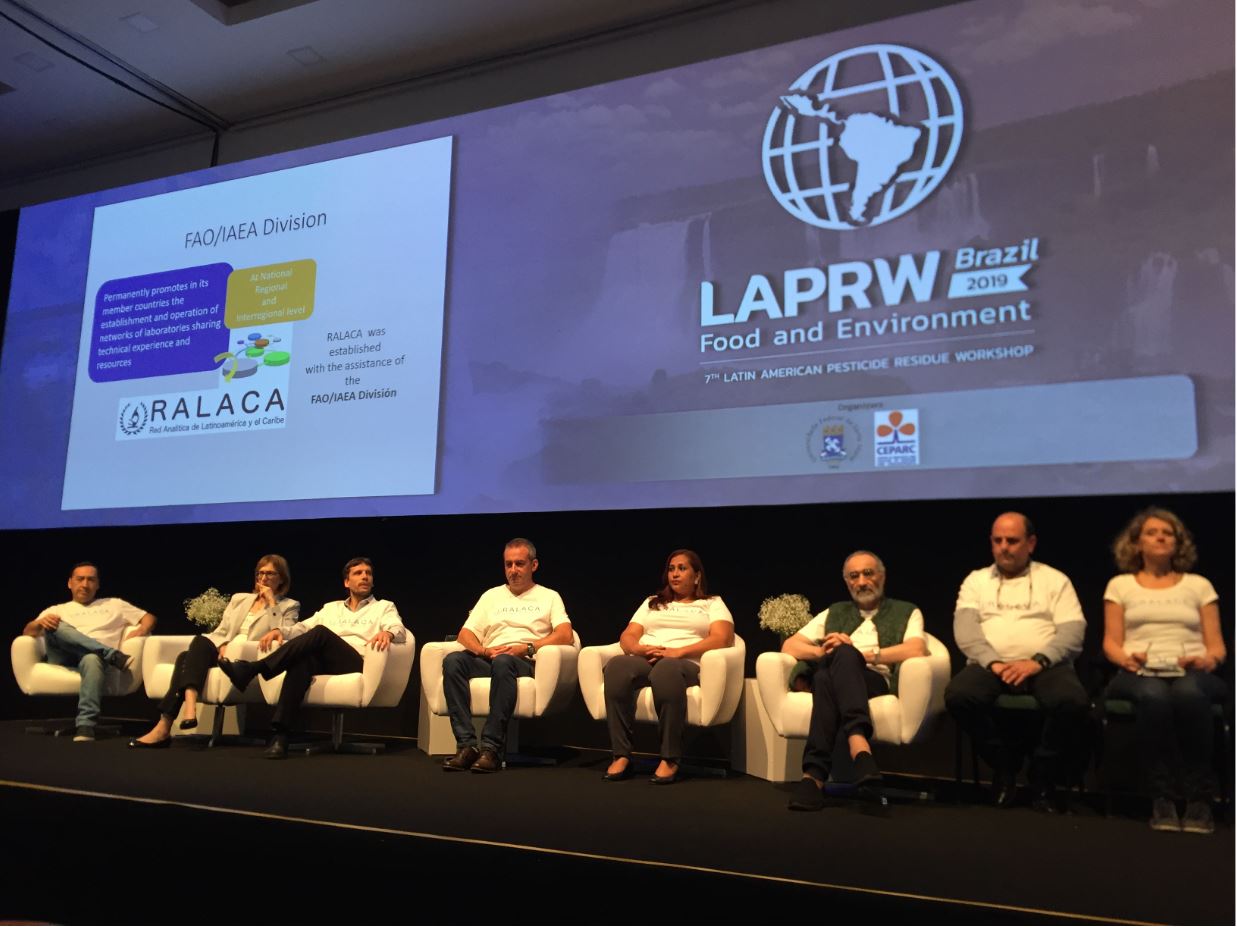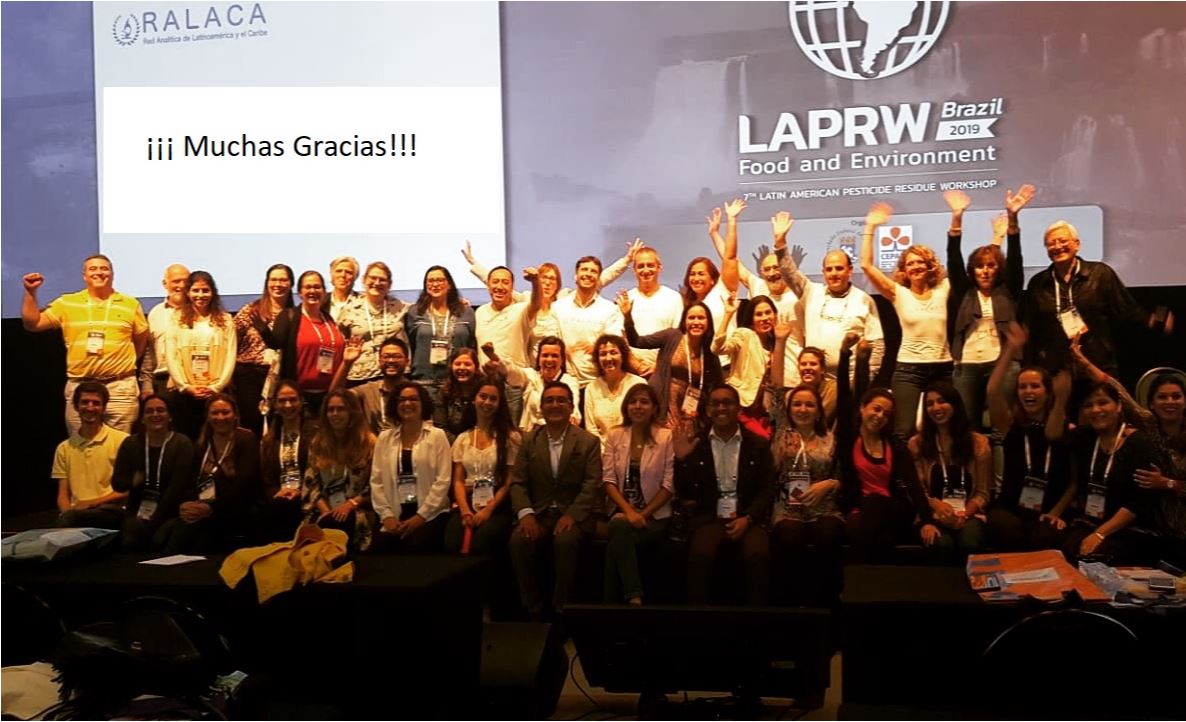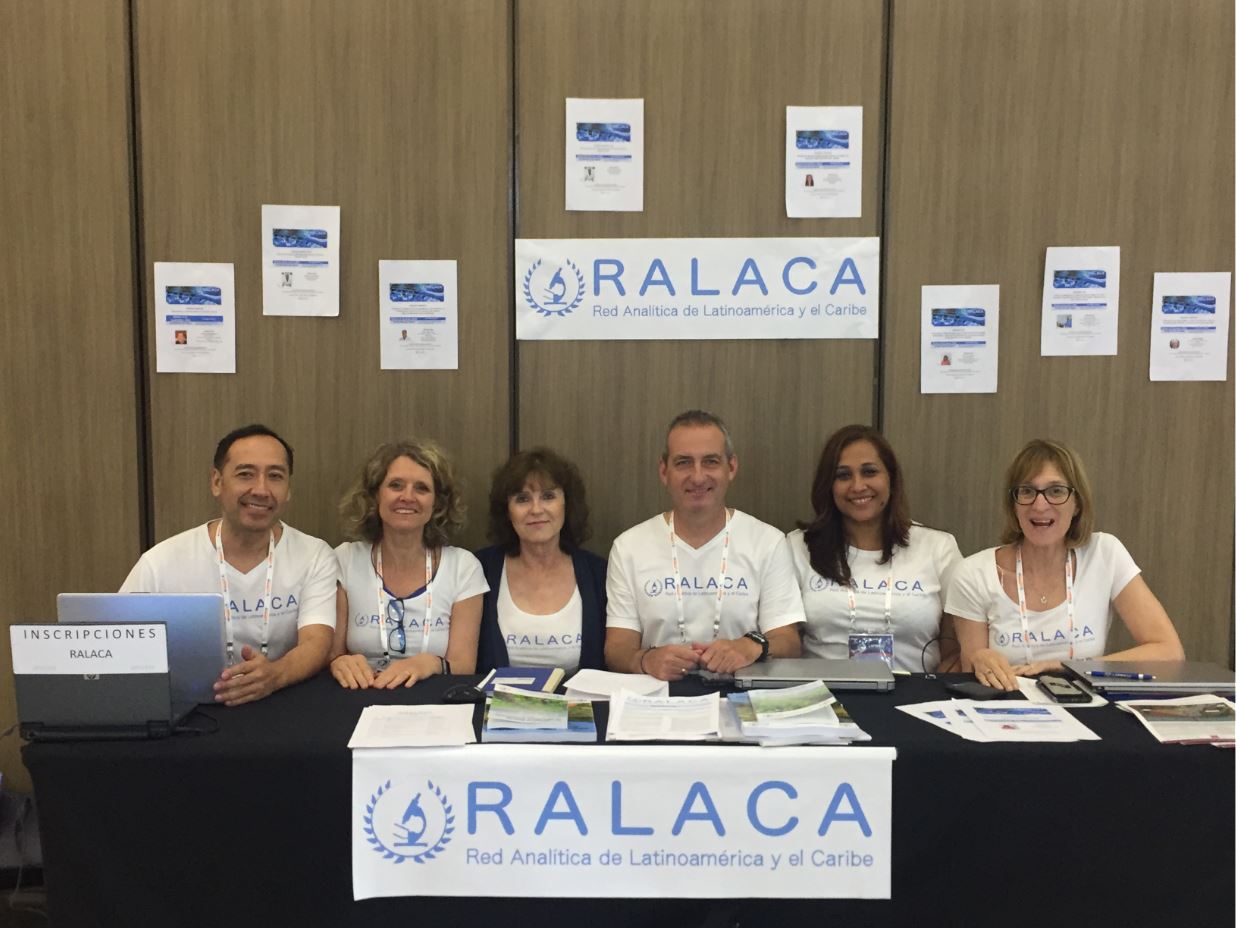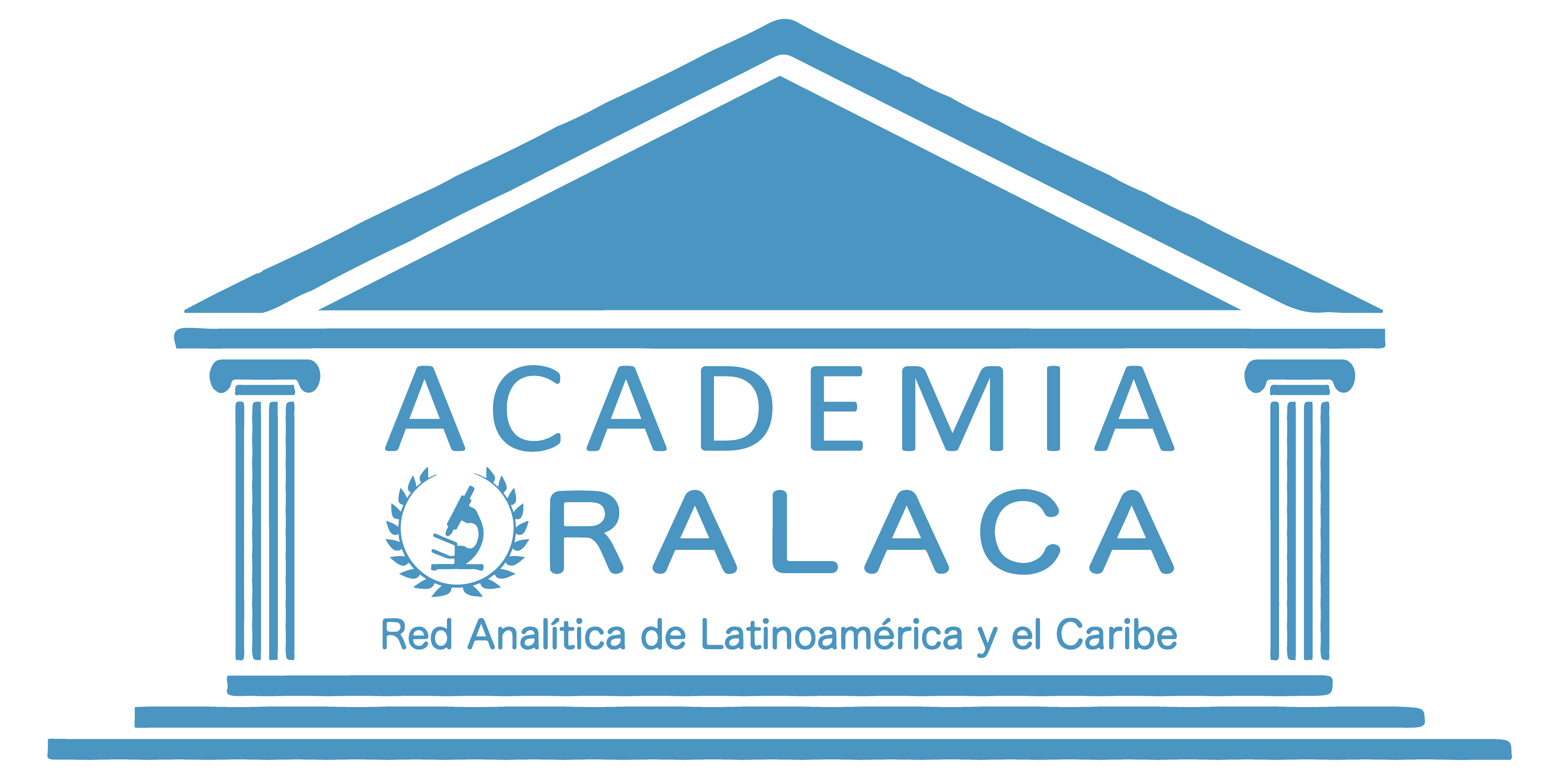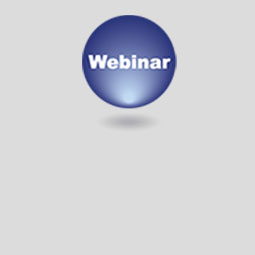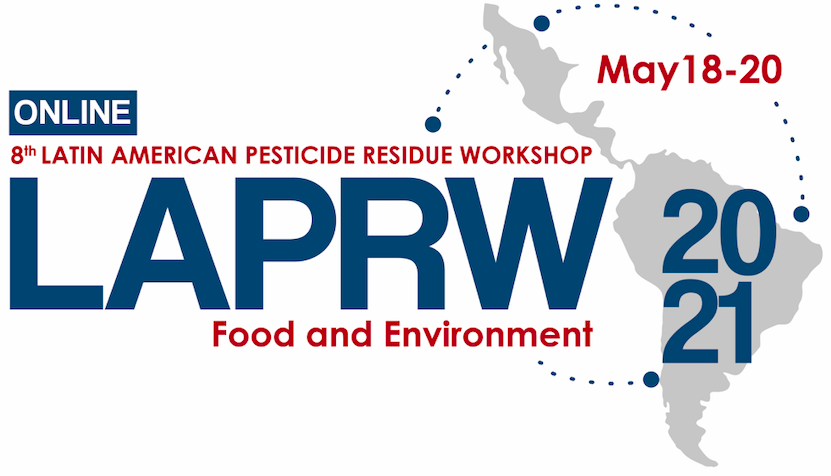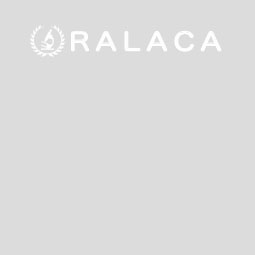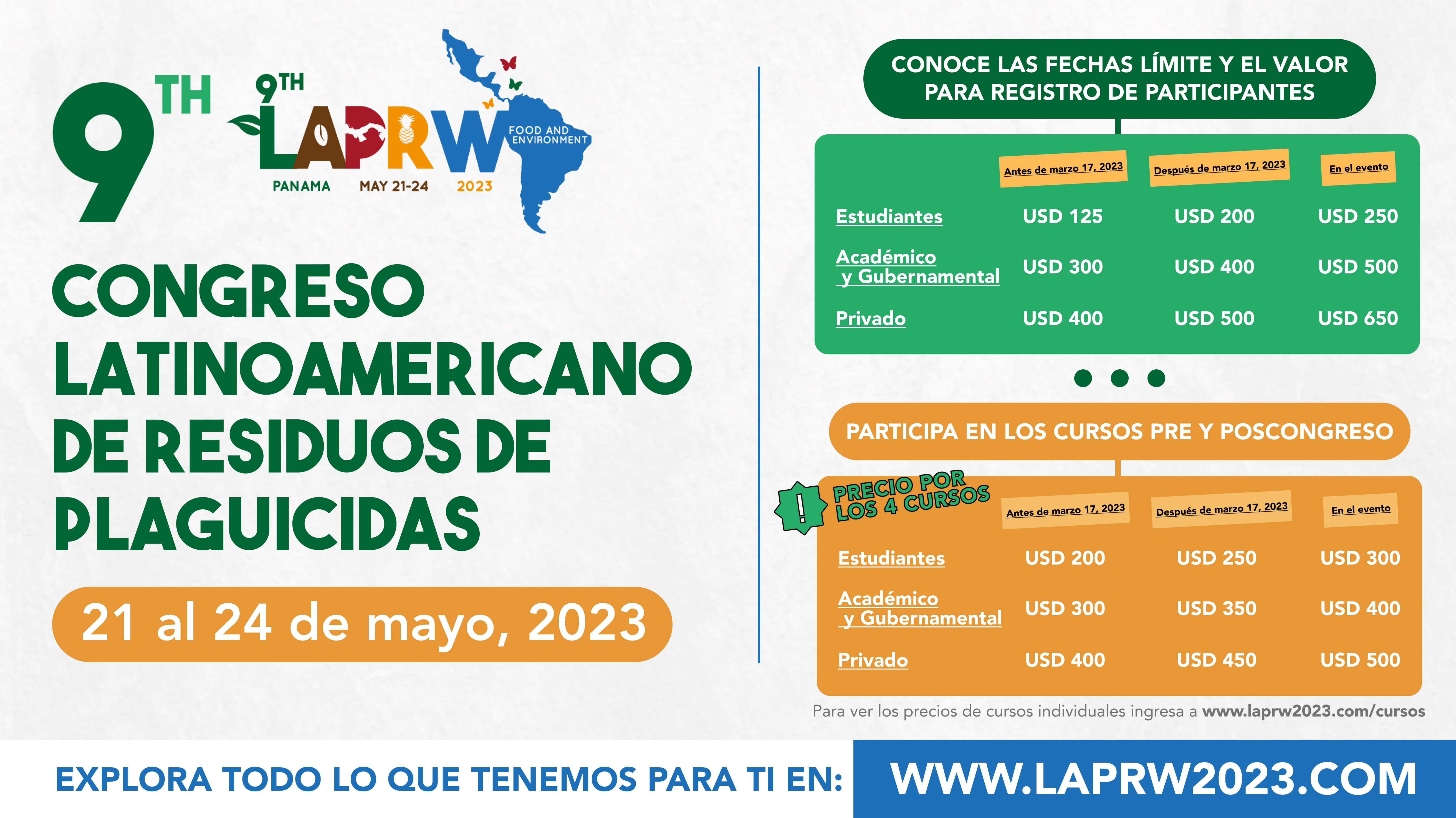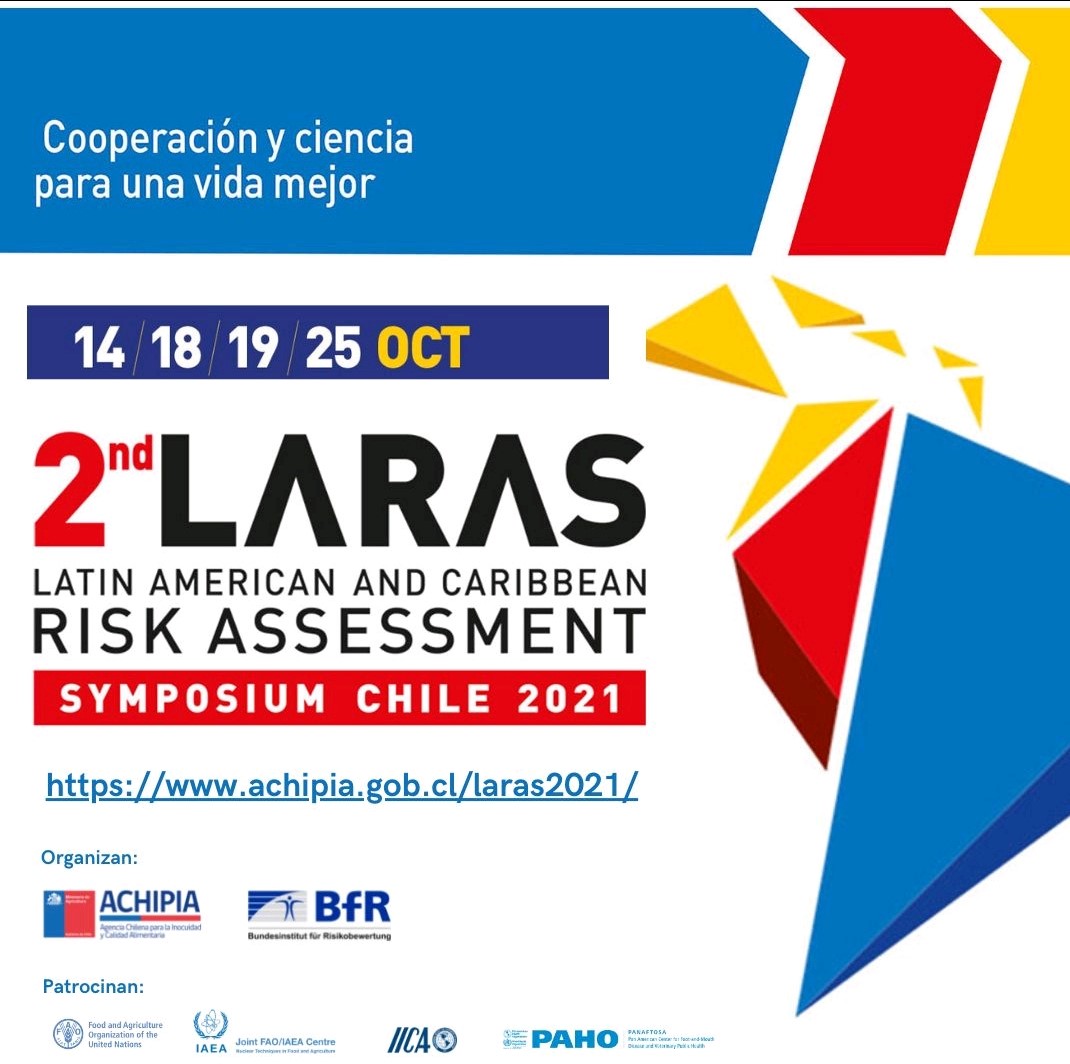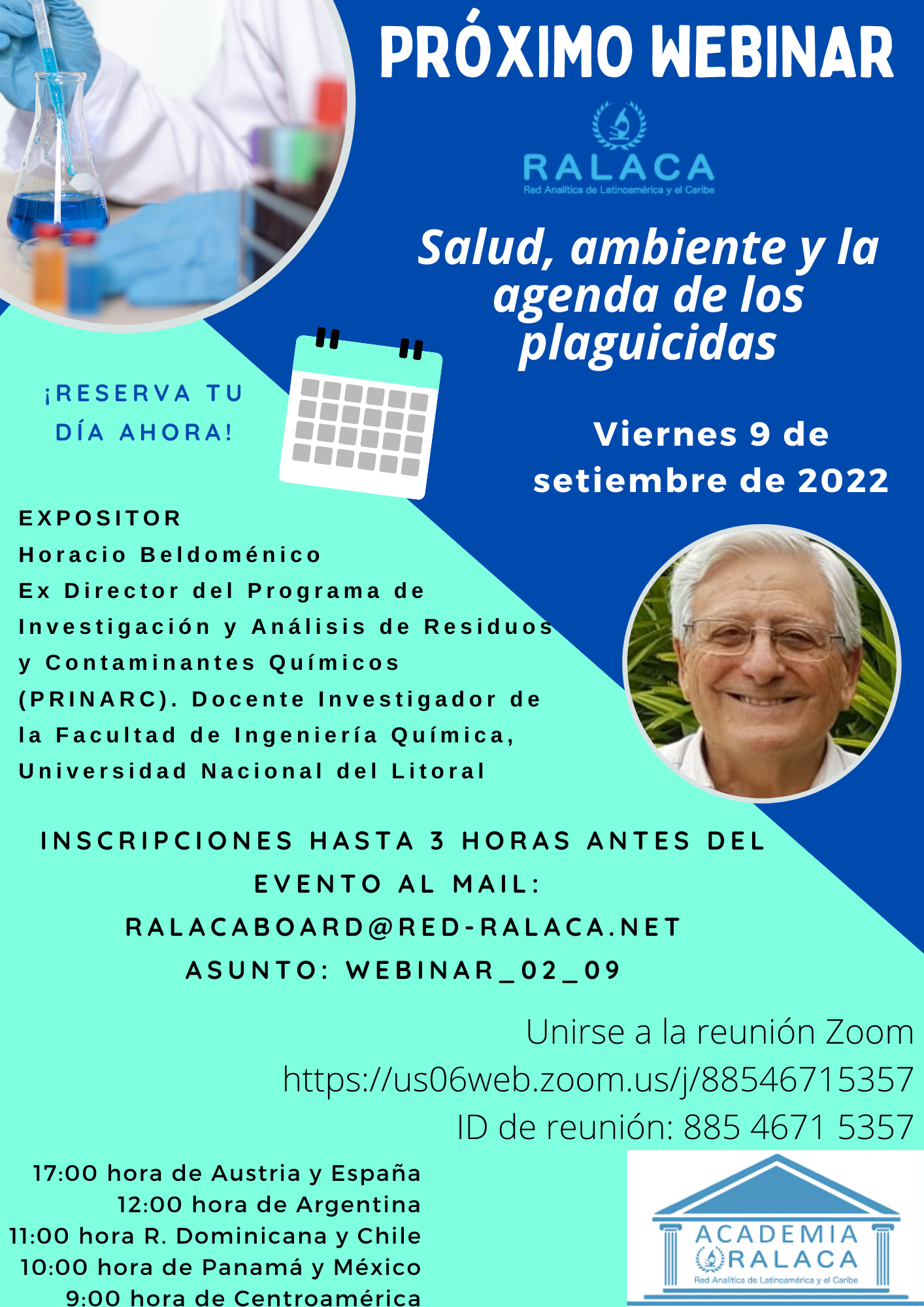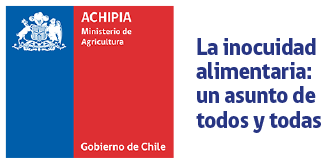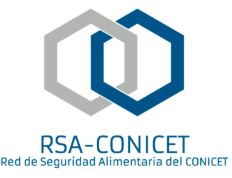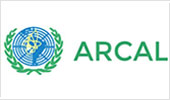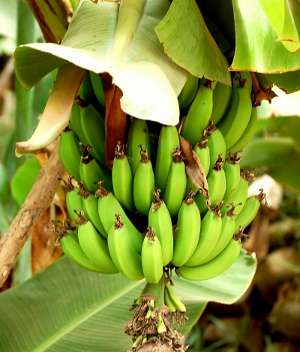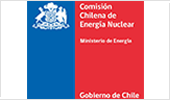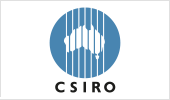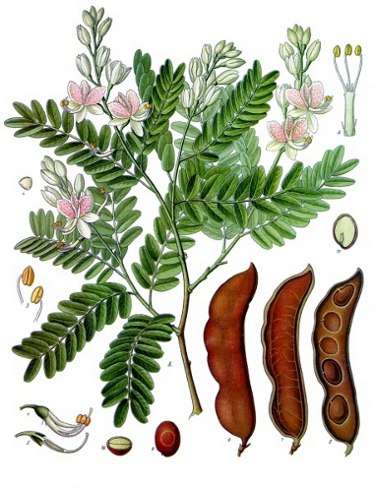ABOUT US
RALACA: Red Analitica de Latino America y el Caribe
 RALACA is a non-profit network of laboratories and associated institutions that brings together analytical laboratories to enhance regional capabilities to target food safety and environmental sustainability. "The Red Analitica de Latino America y El Caribe (RALACA) was established with the kind assistance of the International Atomic Energy Agency (IAEA)" RALACA is a non-profit network of laboratories and associated institutions that brings together analytical laboratories to enhance regional capabilities to target food safety and environmental sustainability. "The Red Analitica de Latino America y El Caribe (RALACA) was established with the kind assistance of the International Atomic Energy Agency (IAEA)" |
|
History of RALACA
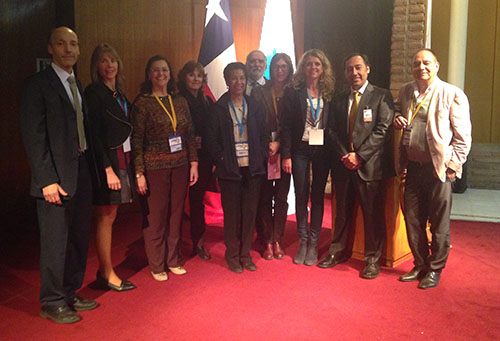 The history of RALACA dates back to the nineties, when the former Agrochemicals Unit, now called Food and Environmental Protection Laboratory, of the Joint Food and Agriculture Organization (FAO) and the International Atomic Energy Agency (IAEA) started a series of training workshops on "Quality Assurance and Quality Control Measures in Analytical Laboratories". A group of trained analytical chemists started to be available in Latin America and the Caribbean. The history of RALACA dates back to the nineties, when the former Agrochemicals Unit, now called Food and Environmental Protection Laboratory, of the Joint Food and Agriculture Organization (FAO) and the International Atomic Energy Agency (IAEA) started a series of training workshops on "Quality Assurance and Quality Control Measures in Analytical Laboratories". A group of trained analytical chemists started to be available in Latin America and the Caribbean. |
RALACA
It is back in 2006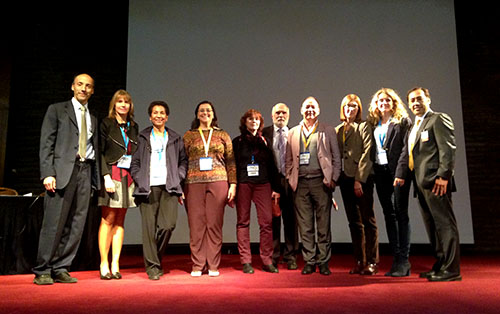 , when, representative from nine analytical laboratories formally met in Mendoza, Argentina to start planning a regional project funded by the International Atomic Energy Agency (IAEA) on 'Strengthening Laboratory Capacity to Assess the Implementation of Good Agricultural Practices (GAP) in the Production of Fruit and Vegetables in Latin America' (IAEA RLA/5/050). The goal was to strengthen the analytical laboratory by establishing integrated capabilities to assess good agricultural practice (GAP) thus complementing existing random end-product testing with geo-referenced monitoring of high impact rating pesticides in water entering and leaving selected subcatchments.The initial network of nine laboratories adopted a modular approach to address pressing non-point source contamination problems and a way to improve environmental and food safety that has regional applicability with concomitant health, trade and economic benefits. A "black box" monitoring strategy was deployed by Argentina, Bolivia, Brazil, Chile, Colombia, Costa Rica, Cuba, Ecuador, and Uruguay to monitor indicators of good agricultural practice (GAP) and compliance with maximum residue limits (MRLs). The approach involved integrated biological and chemical monitoring of water quality at a landscape scale using harmonized protocols and georeferenced sampling. , when, representative from nine analytical laboratories formally met in Mendoza, Argentina to start planning a regional project funded by the International Atomic Energy Agency (IAEA) on 'Strengthening Laboratory Capacity to Assess the Implementation of Good Agricultural Practices (GAP) in the Production of Fruit and Vegetables in Latin America' (IAEA RLA/5/050). The goal was to strengthen the analytical laboratory by establishing integrated capabilities to assess good agricultural practice (GAP) thus complementing existing random end-product testing with geo-referenced monitoring of high impact rating pesticides in water entering and leaving selected subcatchments.The initial network of nine laboratories adopted a modular approach to address pressing non-point source contamination problems and a way to improve environmental and food safety that has regional applicability with concomitant health, trade and economic benefits. A "black box" monitoring strategy was deployed by Argentina, Bolivia, Brazil, Chile, Colombia, Costa Rica, Cuba, Ecuador, and Uruguay to monitor indicators of good agricultural practice (GAP) and compliance with maximum residue limits (MRLs). The approach involved integrated biological and chemical monitoring of water quality at a landscape scale using harmonized protocols and georeferenced sampling. |
 Vienna, Austria
Vienna, Austria 

